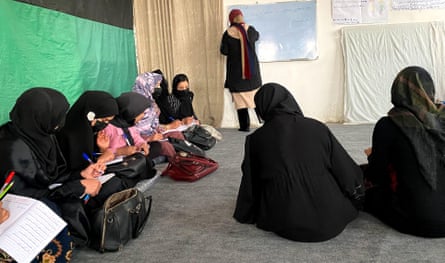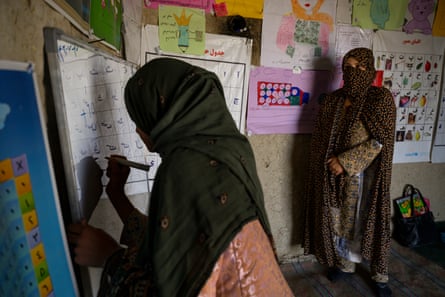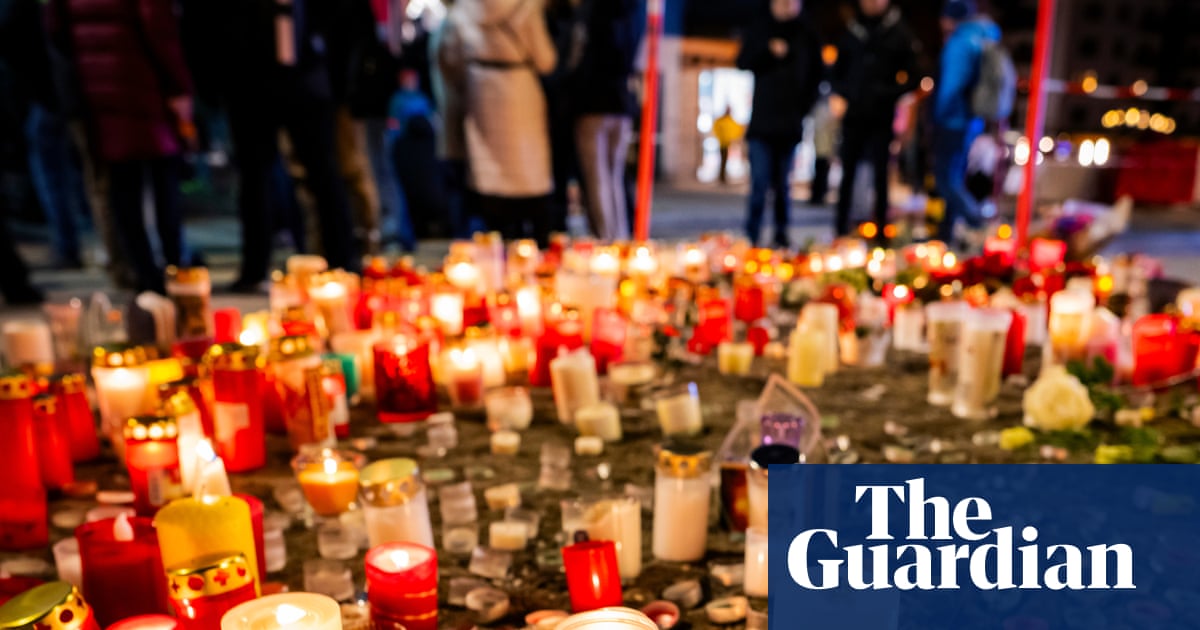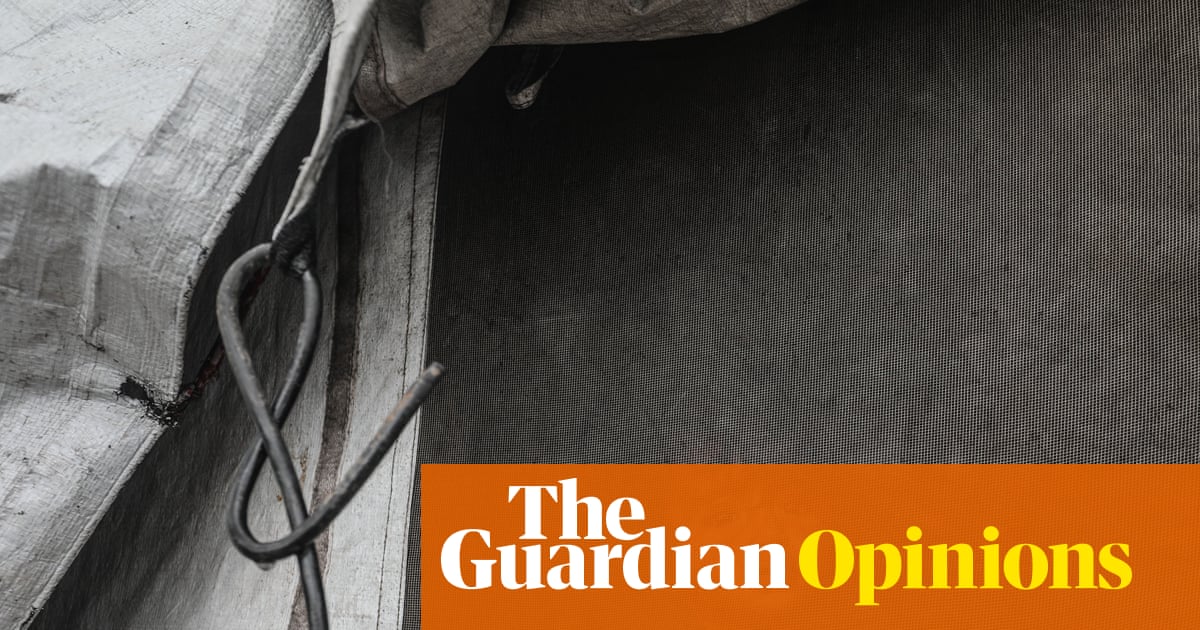When the Taliban returned to power in Afghanistan in August 2021, Nahid, 24, was midway through an economics degree. She had hoped to work in a university after she graduated.
Instead, Nahid now spends her mornings at a religious school in the basement of a mosque in the western city of Herat, sitting on the floor and reciting scripture with 50 other women and girls, all dressed in black from head to toe.
She knows the Taliban is “trying to change women’s minds”, but says she attends the class because, “it’s the only way I can leave my home and fight depression”. The incentive of 1,000 Afghanis (£11) she receives every month also helps.
Nahid’s story is not unusual. A Guardian and Zan Times investigation across eight of Afghanistan’s 34 provinces has revealed the Taliban’s deliberate and calculated efforts to make religious studies the only education option available to women and girls in Afghanistan.
After first excluding women and girls from secondary school and further education more than four years ago, the regime has been building a large network of religious schools that promote a new alternative.
There were more than 21,000 Islamic religious schools, or madrasas, across Afghanistan by the end of last year, according to reports. Between September 2024 and February 2025, the Taliban built or laid foundations for nearly 50 new madrasas across 11 provinces.
The schools are run by mullahs in the mosque or in their homes, for which they receive a salary from the education ministry. To staff the schools, the ministry has issued teaching certificates to 21,300 former madrasa students that allow them to teach at high school, undergraduate or even postgraduate level at universities.
Families have been left with few alternatives since girls were excluded from secondary education and often find themselves pressed or incentivised into enrolling their children, especially daughters, in religious schools.

The mullahs also have an incentivise to fill the classroom as more pupils mean a higher salary. As community leaders and conduits for aid, they wield enormous power over most people’s daily lives.
Karima, from the south-western Nimroz province, pulled her two daughters out of school at the request of the local mullah. “He said he would give us food aid if I sent them to his class,” she says. “But in the end, nothing came.”
Another mother, Nasreen, says she was told: “Send your daughters to our religious classes or you get nothing.”
The result is a steady reshaping of community norms. Families who resist face isolation and hunger. Those who comply often watch their daughters return home more rigid and critical in their thinking, sometimes denouncing their own parents as “infidels”. Even job opportunities, reports suggest, are reserved for families whose daughters attend religious classes.
In the girls’ primary schools that remain open, the impact is visible. Class sizes are much smaller. In Nimroz, one teacher says that 57 of her pupils left for madrasas this year. “Before, each grade had four sections with 40 students. Now we have three sections with only 20 to 25.”
Even those who stay often attend both institutions, spending mornings in the madrasa and afternoons in school, until pressure mounts and they drop out of non-religious education altogether.
after newsletter promotion

Meanwhile, experienced teachers with university degrees have been barred from teaching. Their replacements are often teenage former madrasa pupils with no educational training but strong ideological credentials.
In the western province of Farah, a headteacher recalls being ordered to dismiss five qualified teachers. One of their replacements was appointed despite being unable to read fluently; her only qualifications, says the head, were that she had connections with officials and held a certificate from a religious school.
The curriculum in madrasas is narrow: memorising the Qur’an, the Taliban’s interpretations of Islamic law, gender roles, and rules about dress and behaviour. No mathematics or science are studied.
Textbooks are imported from Pakistan and printed in Pashto, the language of the ethnic group from where the Taliban emerged. This is even the case in Dari-speaking regions (Dari and Pashto are the two main official languages in Afghanistan), leaving many children struggling to understand.
Activists say even international aid is being siphoned off to support madrasas. In one case, stationery donated by Unicef to a public school was diverted to a mullah’s class; the school janitor was told to record the pilfered supplies as being “misplaced”, says a schoolteacher.
The expansion of madrasas is also reshaping Afghanistan’s job market. Civil servants with years of training are being replaced by teenagers with just madrasa certificates. In Nimroz, one activist recalls a woman with a bachelor’s degree and 20 years’ experience at the women’s affairs department being dismissed without explanation. Her replacement was a 17-year-old madrasa graduate. “Now everyone understands. If you want a job, forget university. Go to the madrasa.”
The message has filtered down. The girls that were interviewed say they no longer dream of becoming doctors or engineers. Instead, they see madrasa certificates as safer and increasingly the only qualification that counts.
For Nahid, the economics student who felt obliged to become a madrasa pupil, the paradox is cruel. The classes offer her a reprieve from isolation and depression, but only within the confines of an ideology she rejects. “If I stay home, I will lose my mind,” she says. “If I go, at least I see other women.”

 3 months ago
113
3 months ago
113

















































